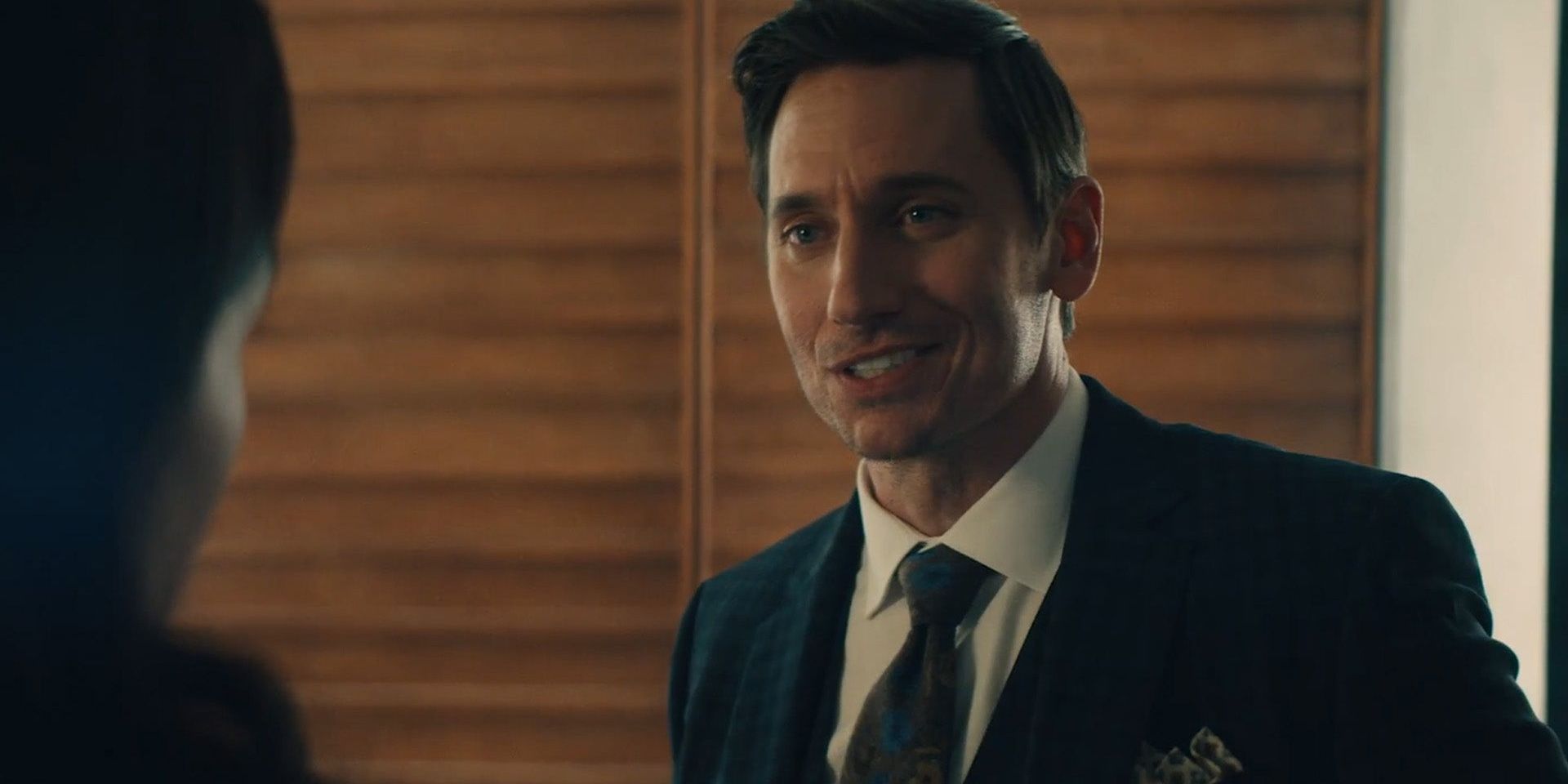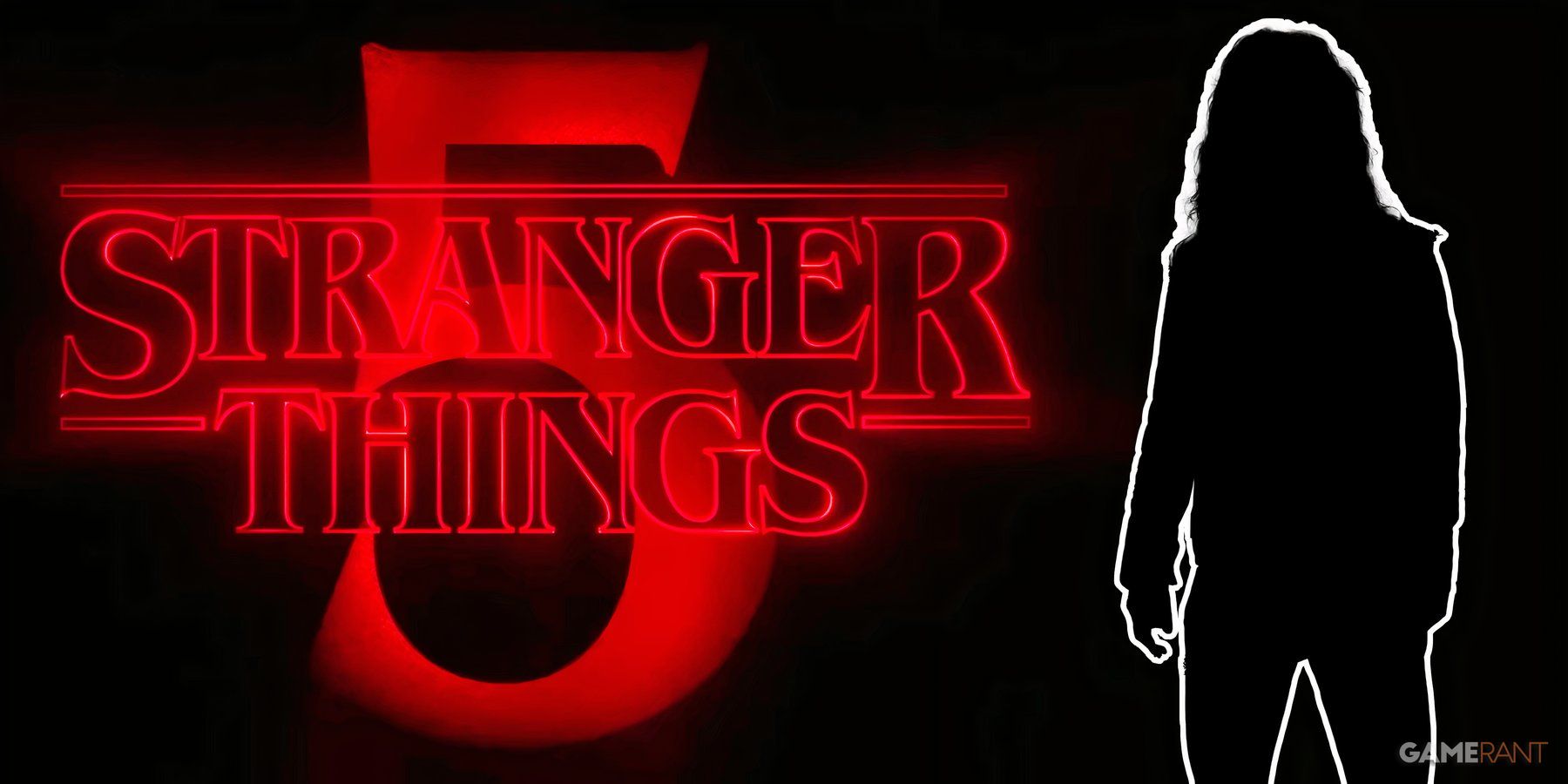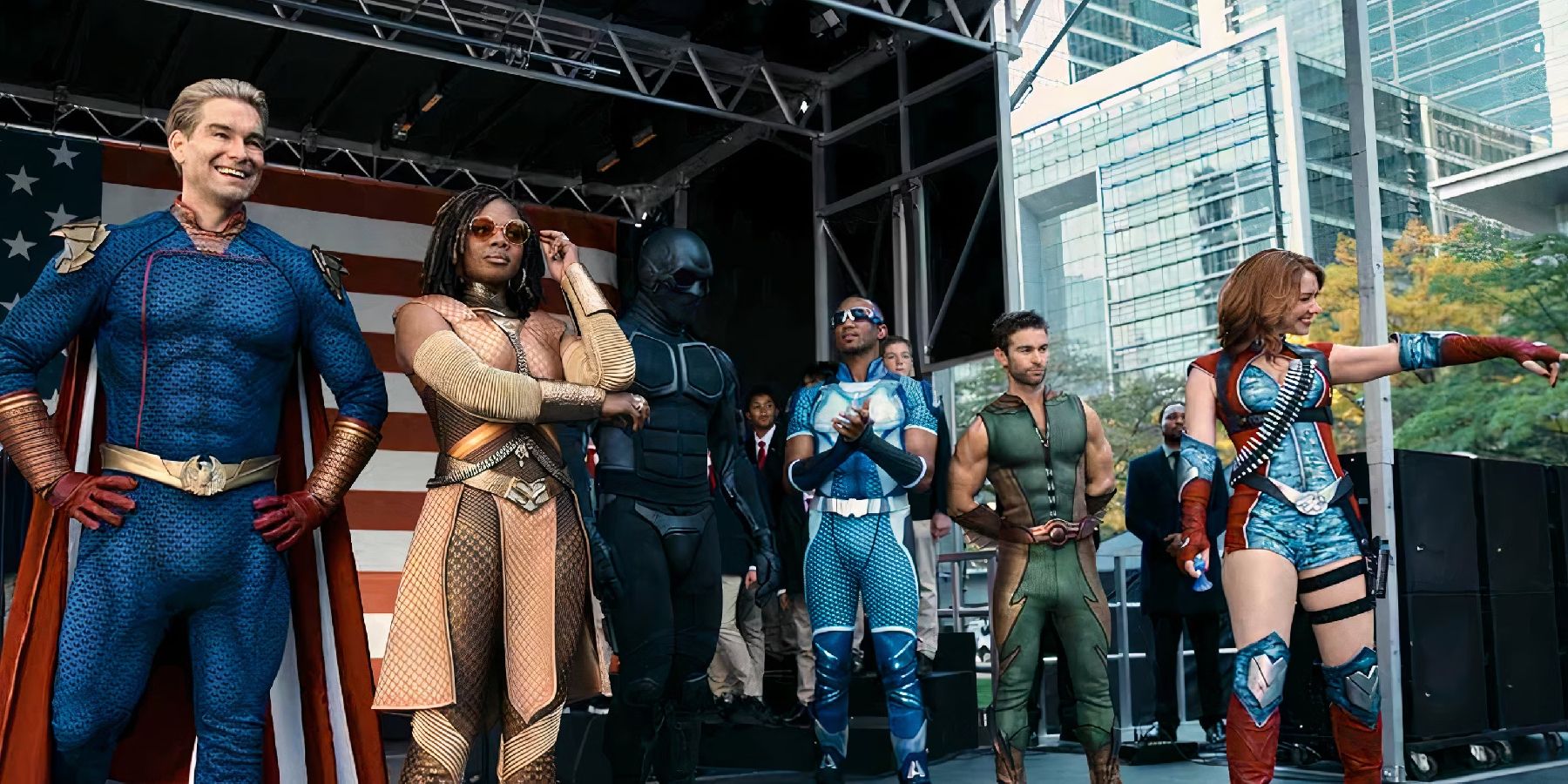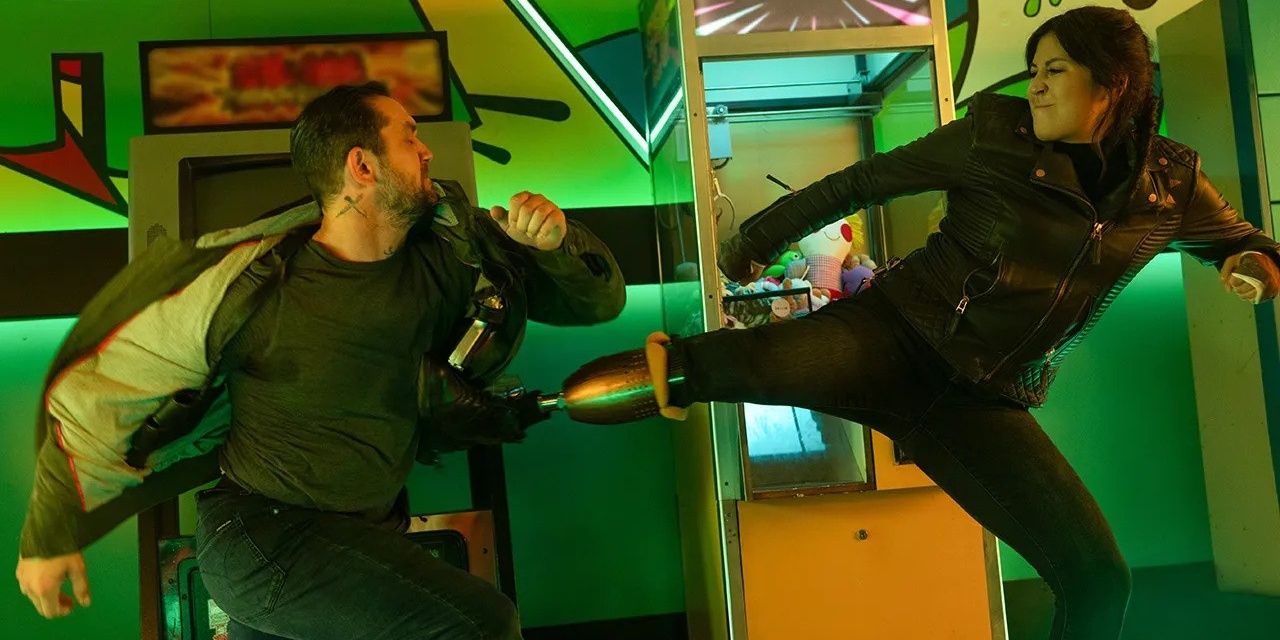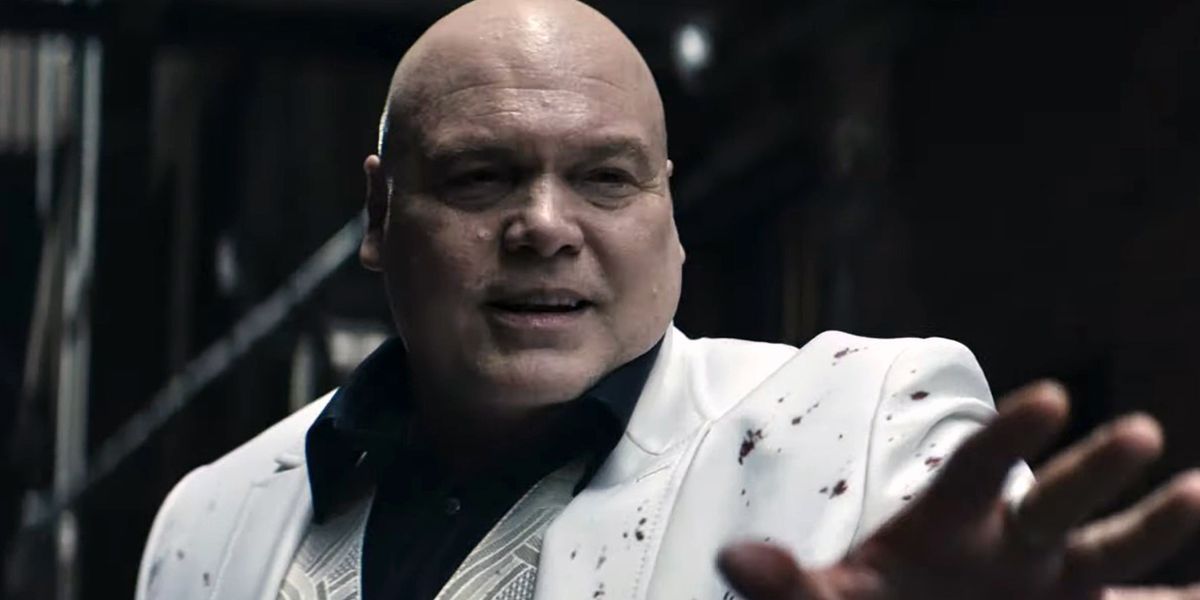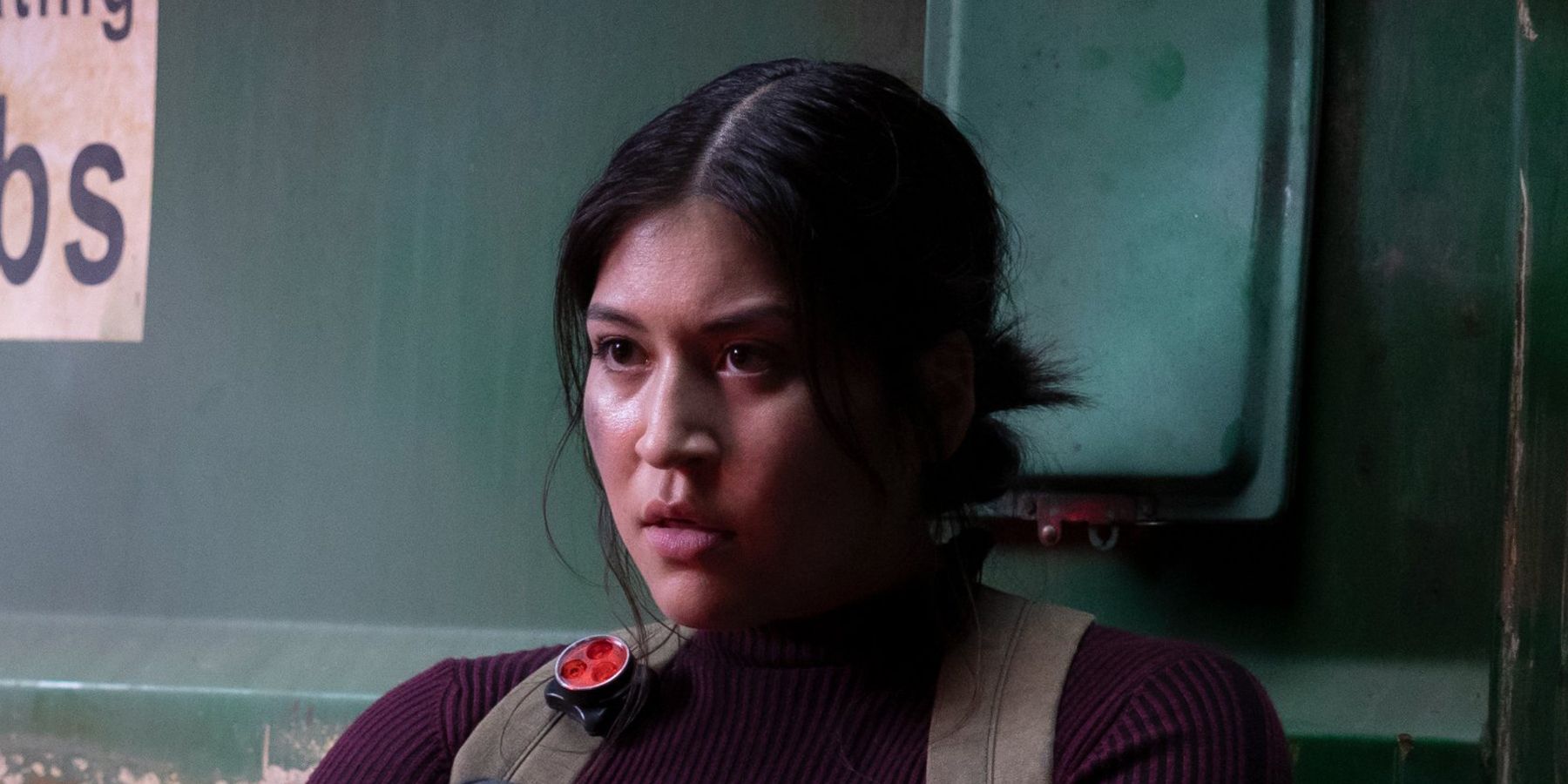Echo weighs heavily on the Marvel Cinematic Universe. After a string of messy or mishandled projects, Marvel Studios takes a big swing with an adult-oriented TV drama based around a cast of fantastic Native American actors. The result is far from perfect, but its sincerity, exciting action set pieces, and fascinating underlying journey grant it a new dimension in the franchise.
Echo comes to Disney+ from Marion Dayre, the celebrated writer behind four episodes of Better Call Saul. She's the showrunner and shares head writing duties with Amy Rardin. Across five episodes, the series boasts eleven credited writers, likely a symptom of rewrites. The show's lead director is Navajo filmmaker Sydney Freeland, late of Drunktown's Finest, Deidra & Laney Rob a Train, and two episodes of Reservation Dogs.
After the events of Hawkeye, Maya Lopez abandoned New York City for her family's home in Tamaha, Oklahoma. Her decades-long, quasi-familial bond with Wilson Fisk ended in a flash of violence after Maya shot him in the eye. Echo spends most of its first episode exploring the past to delve into the future, a trend that will continue for the rest of the season. A montage of scenes from Maya's MCU debut and a spoiled cameo by Matt Murdock threaten the Marvel Spotlight branding early. Echo isn't trapped in the franchise's previous outings but is focused on the influence of what came before. Flashbacks allow the audience to experience the Choctaw creation myth, a fateful sports triumph, and a young lady defying convention to become a local cop. Maya's ancestral connection to each story frames each episode, while her personal connection to the Kingpin threatens to drag her away again. It's a brutal push-pull, aided by a cycle of violence running on three or four different simultaneous tracks. These innately personal stakes keep the series compelling, where the more apocalyptic narratives no longer capture attention.
Echo follows Maya Lopez as she struggles with the diverging paths laid before her by the people who raised her. The question is simple. Does she follow the ancestral line that dates back to the first member of her community or the terrible example set by Uncle Kingpin? As Maya takes off for Tamaha, she ropes her well-meaning cousin Biscuit into a dangerous heist on a moving train. Her streetwise uncle, Henry "Black Crow" Lopez, warns her not to bring war to their humble home, but Maya has an ambition that can't be quelled. Unsatisfied with the belief she'd killed the Kingpin, she decides to take his place, one brutal bombing at a time. When a beautifully staged fight sequence in a roller rink ends with someone calling off the price on her head, Maya realizes the position might not be as vacant as it seemed. The breakneck pace of this miniseries keeps Maya's internal struggle at the forefront while also keeping the tension high.
Echo excels in a few core competencies. Every action set piece works, though the best ones are front-loaded into the first three episodes. Echo frequently uses a stylistic trick that becomes its defining feature. The sound drops out, leaving behind only a pounding heartbeat. It's a rather captivating gimmick. The cast is excellent across the board. Alaqua Cox had little time to shine in Hawkeye, but it's clear she's one of many perfect fits among Marvel's roster. She's asked to convey so much without the benefit of spoken dialogue, and her natural charisma carries the lion's share of the series. Several supporting performers had to learn to deliver subtext despite sign language, but there's no weak link. Zahn McClarnon, Tantoo Cardinal, Chaske Spencer, Devery Jacobs, Cody Lightning, and Graham Greene all deliver solid performances as Maya's family. Vincent D'Onofrio is as excellent as always, and fans will be falling over themselves to praise Wilson Fisk again.
Echo's drawbacks feel as though they came from the studio level. The changes to Maya Lopez's powers are a mixed bag. In the comics, she can mimic any fighting style she sees. The show gives her something more tied to her heritage, which is marginally easier to explain but dangerously close to dropping mystic stereotypes on a rare Native American character. The show's pacing is slightly off. Granting the season a sixth episode would have given the story some much-needed room to breathe. Much of the series' inventiveness will be noted as "new for a Marvel show." The Spotlight branding fell at the first hurdle. Interestingly, Echo's creative direction mirrors its central conflict. Just as Maya is pulled between her family and her adoptive uncle, Echo feels caught between the modern MCU series and the Marvel Netflix era. All this to say, Echo struggles with identity issues, but it's a wonder to see a decent product come out of such a messy production.
Echo struggles to say or sign everything it has on its mind. It's only a little greater than the sum of its parts. This will not be the project that relights the fire in casual Marvel fans, but it's a treat for anyone looking for something different from the MCU. Echo is a superhero story by only the broadest characterization. It delivers a compelling crime drama alongside a moving family drama with enough stellar action scenes to remain engaging. It won't change the world, but Echo is worth hearing out.
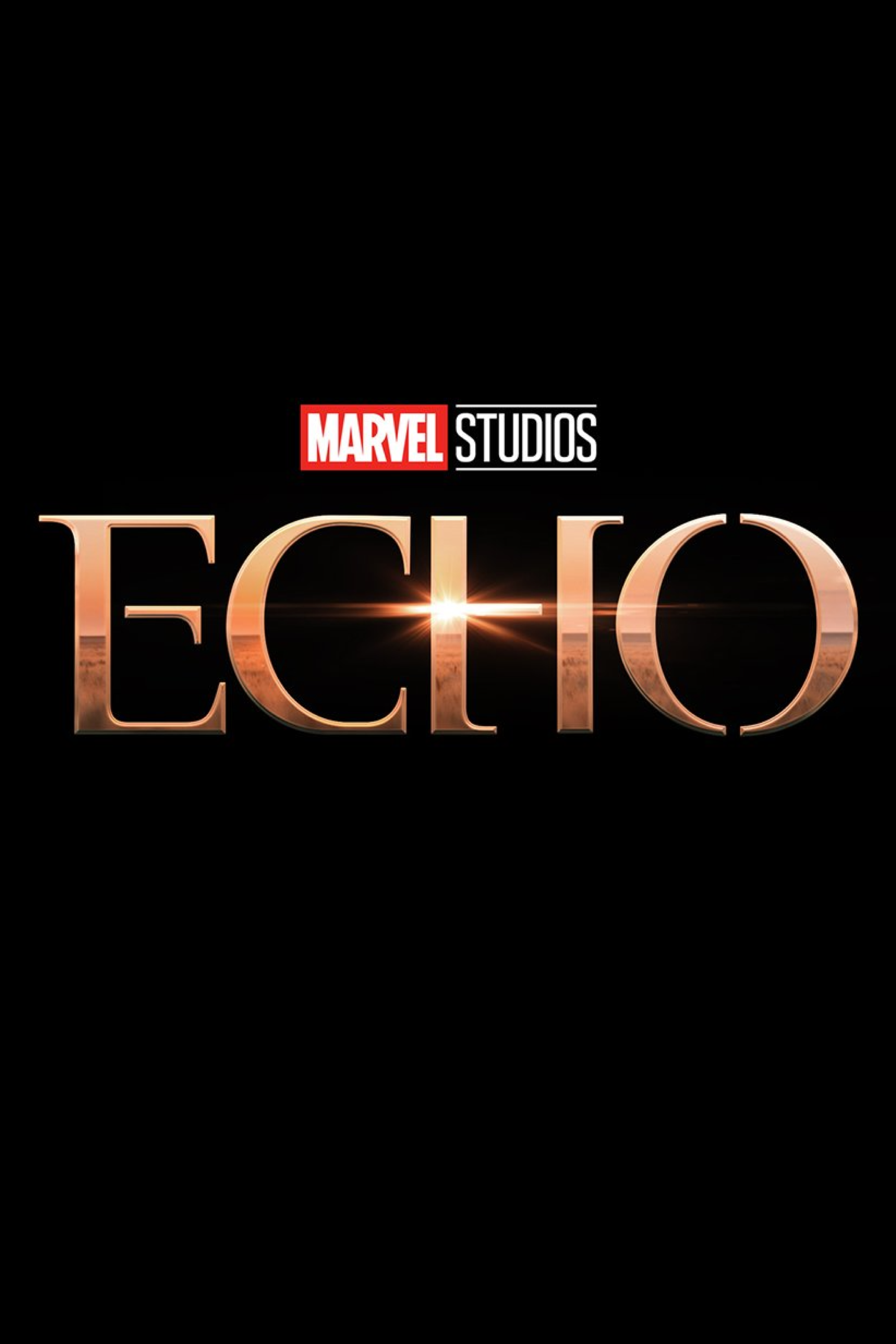
Echo
Alaqua Cox returns as Maya Lopez in Echo, a first-of-its-kind Marvel Spotlight series. The show explores Maya's past as she deals with the fallout of her confrontation with Wilson Fisk (Vincent D'Onofrio) in Hawkeye. Unlike previous Marvel projects, Echo is rated TV-MA and explores a grittier, more violent side of the MCU.

